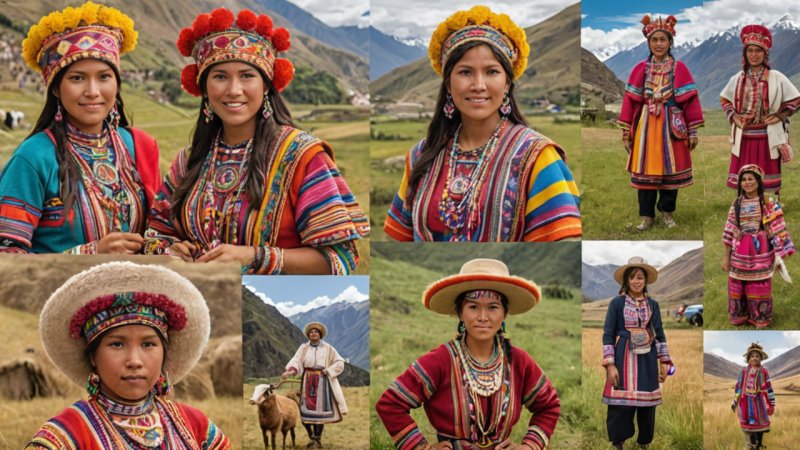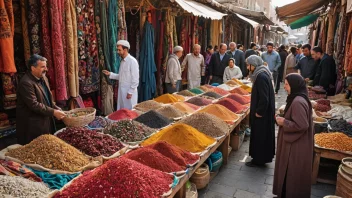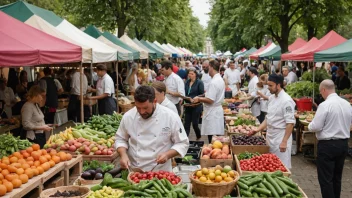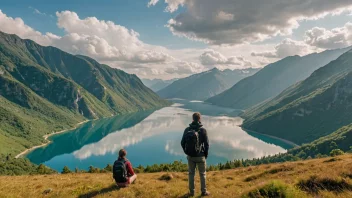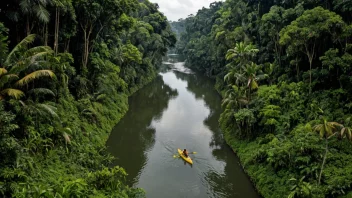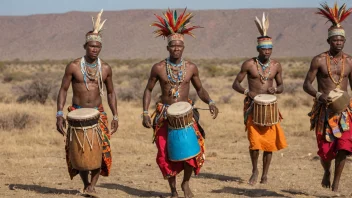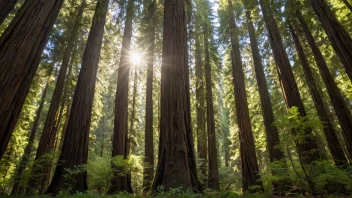The Quechua people, an indigenous group of Peru, are renowned for their rich cultural heritage, vibrant traditions, and deep-rooted connections to the Andean landscape. With a history that spans thousands of years, the Quechua have maintained their identity and customs despite the challenges posed by modernity and globalization. This article delves into the cultural practices of the Quechua, exploring their language, traditional clothing, agricultural practices, festivals, and spiritual beliefs, offering a comprehensive understanding of this remarkable community.
The Quechua Language: A Living Heritage
The Quechua language, often referred to as the language of the Incas, is a key aspect of the culture that has survived the test of time. It is not just a means of communication but a vessel of identity and tradition. Today, Quechua is spoken by over 8 million people across South America, with a significant population in Peru. The language has various dialects, reflective of the regional differences within the Quechua communities.
Preserving the Quechua language is crucial for maintaining cultural continuity. Efforts to revitalize the language include educational programs in schools and community initiatives aimed at encouraging younger generations to speak Quechua. This linguistic revival is vital not only for cultural preservation but also for fostering a sense of pride among Quechua youth.
Traditional Clothing: A Vibrant Expression of Identity
Traditional clothing among the Quechua is not only functional but also a reflection of their cultural identity. Each garment carries deep symbolism and varies significantly between regions. Women typically wear colorful skirts known as "polleras," layered with intricately woven shawls called "chumpis." Men often don woolen hats called "chullos" and ponchos adorned with geometric patterns that signify their community and social status.
The vibrant colors and designs of Quechua clothing are not merely aesthetic; they also represent the natural world, with hues inspired by the flora and fauna of the Andes. The clothing plays a significant role during festivals and rituals, where individuals wear their finest attire as a way to honor their heritage.
Agricultural Practices: The Connection to Pachamama
Agriculture is at the heart of Quechua culture, with the Andean landscape providing a unique environment for the cultivation of diverse crops. The Quechua people practice a form of agriculture known as “Andean farming,” which includes the cultivation of potatoes, quinoa, and corn. These crops are not only dietary staples but also hold cultural significance, often featured in rituals and traditional dishes.
The Quechua have a profound respect for Pachamama, or Mother Earth, which is integral to their agricultural practices. This connection to nature is exemplified in their farming rituals, which involve offerings to Pachamama to ensure a bountiful harvest. These ceremonies often take place during the planting and harvesting seasons, reinforcing the Quechua's relationship with the land and their belief in reciprocity with the earth.
Festivals: Celebrating Culture and Community
Festivals are a vibrant expression of Quechua culture, serving as a means to celebrate their heritage, strengthen community bonds, and honor their deities. One of the most significant festivals is Inti Raymi, or the Festival of the Sun, which occurs during the winter solstice. This ancient Incan festival celebrates the sun god Inti and marks the beginning of the agricultural year.
Another important festival is Qoyllur Rit'i, a pilgrimage that combines indigenous and Catholic elements. It involves thousands of participants who trek to the Sinakara Valley to pay homage to the Lord of Qoyllur Rit'i, blending traditional Quechua beliefs with Christian practices. These festivals are characterized by colorful processions, traditional music, and dance, showcasing the vibrant cultural tapestry of the Quechua people.
Spiritual Beliefs: The Interconnection of Nature and Religion
The spiritual beliefs of the Quechua are deeply intertwined with their understanding of nature. They believe in a pantheon of deities that govern various aspects of the natural world, including mountains, rivers, and agricultural cycles. The Apus, or mountain spirits, are particularly revered, and many Quechua communities conduct rituals to pay respect to these powerful entities.
In addition to traditional beliefs, the Quechua have also integrated elements of Catholicism into their spirituality, resulting in a unique syncretic religion. This blending of beliefs is evident in the way Quechua communities observe Christian holidays, often incorporating traditional rituals and offerings into the celebrations.
Challenges and Resilience: The Modern Quechua Experience
Despite the resilience of the Quechua culture, modern challenges threaten their way of life. Issues such as land rights, climate change, and economic marginalization pose significant threats to their agricultural practices and cultural preservation. Many Quechua people continue to advocate for their rights and strive for recognition of their cultural heritage in the face of globalization.
Community organizations and grassroots movements are working tirelessly to promote the rights of the Quechua and ensure their cultural practices are respected and preserved. Initiatives aimed at cultural education, sustainable agriculture, and eco-tourism have emerged, allowing the Quechua to share their rich heritage with the world while also fostering economic development.
Conclusion: A Cultural Legacy Worth Celebrating
The Quechua people of Peru embody a cultural legacy that is both rich and resilient. Their unique practices, from language and clothing to agricultural rituals and spiritual beliefs, provide a window into a world that values community, reciprocity, and a profound connection to the earth. As travelers seek to understand and appreciate the cultural diversity of our planet, engaging with the Quechua offers a meaningful opportunity to connect with an ancient civilization that continues to thrive in the modern world.
